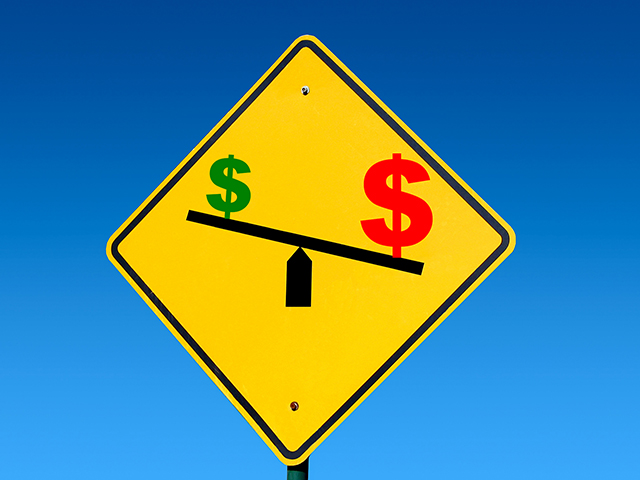Businesslink
Higher Costs Tip Break-Even Balance
Last summer, Federal Reserve Bank of Kansas City's top agriculture economist Nathan Kauffman said something that now seems prescient. While fertilizer prices were higher then, it was mostly because of the spring run-up, not the supply-side issues forcing prices to new heights.
"On a number of fronts, it's possible that some of those cost pressures do start to squeeze margins," driving up farmers' break-even costs, he said. "We might not think about $4 corn in the way that we would have thought about it five years ago if the cost structure is different."
It appears farmers' cost structure will be very different in the year ahead, so much so that it's going to force deep consideration this winter of what crops to plant and how to get the best yields with reduced or limited fertilizer and chemicals.
DTN lead analyst Todd Hultman crunched a few numbers using USDA's cost of production estimates, which will be updated later this month. In June, the agency forecast that a farmer would spend $712.33 to grow an acre of corn. With a 180-bushel-per-acre (bpa) yield, that works out to about $3.96 per bushel.
P[L1] D[0x0] M[300x250] OOP[F] ADUNIT[] T[]
Hultman doubled USDA's estimates for fertilizer and chemical expenses, and increased the fuel budget by 25 percent, resulting in increased per-acre costs of $169. That brings total costs to produce an acre of corn to $881.33. At 180 bpa, that's a breakeven of $4.90 per bushel. If a farmer averages 200 bpa, the cost drops to $4.40 per bushel.
It's important to remember that these are just averages, and every farm's balance sheet looks different. USDA's figures do include a line item for the opportunity cost of land or the rental rate. Whether a farmer owns the land outright or how his land costs compare to the average USDA uses in its computations will make a big difference in an individual farm's actual breakeven.
As of press time, the DTN National Corn Index, a reflection of cash corn bids across the country, stood just shy of $5.65 per bushel. While that margin is narrower than in 2021, Hultman says corn still has an edge for a lot of farmers.
"If they're near an ethanol plant, they may be more confident about demand versus competing with Brazil on trying to sell soybeans to China," he says.
**
-- Read Katie's business blog at about.dtnpf.com/business
-- You may email Katie at katie.dehlinger@dtn.com, or visit @KatieD_DTN on Twitter.
[PF_1221]
(c) Copyright 2021 DTN, LLC. All rights reserved.



